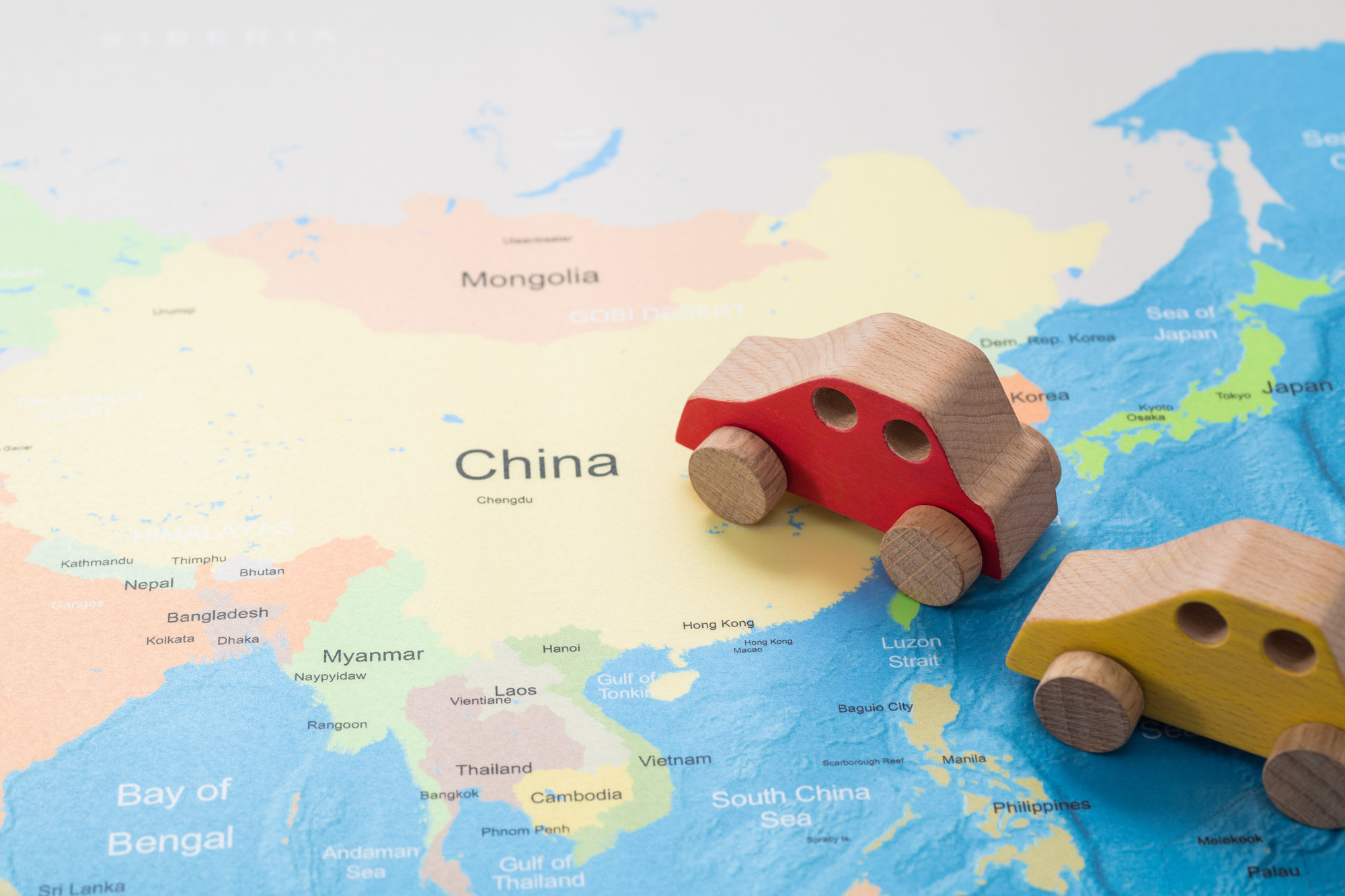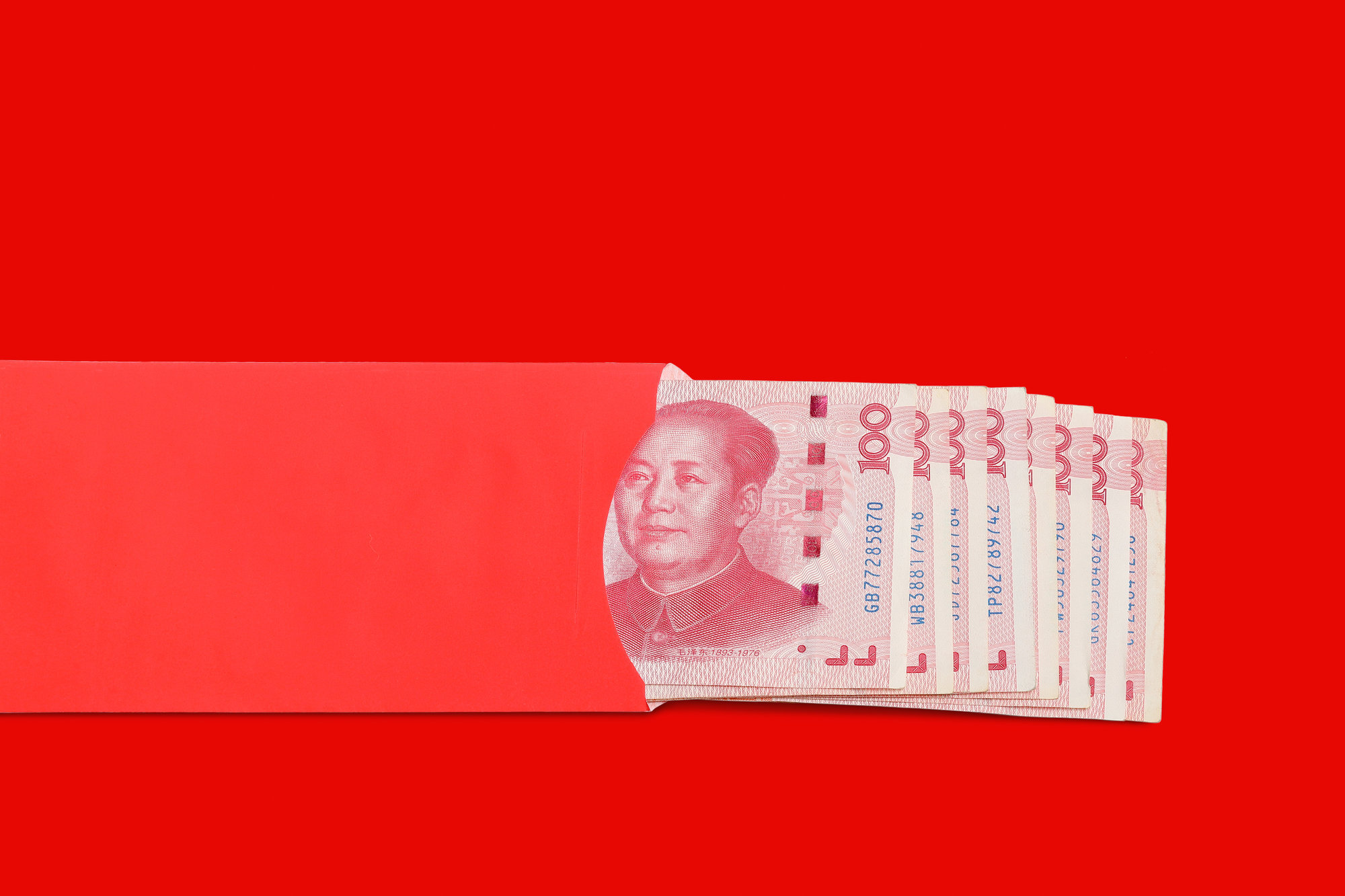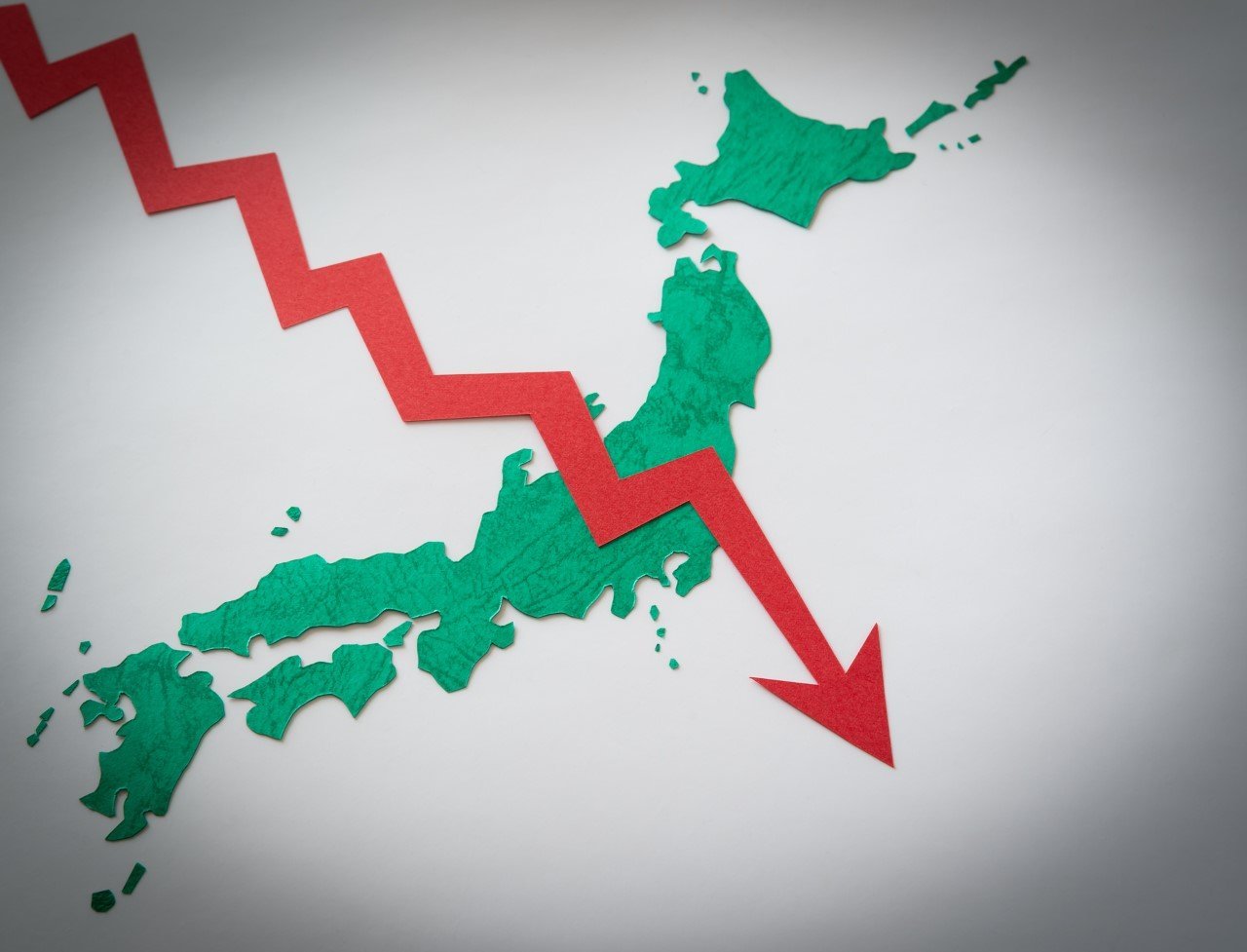2011/04/15
No. 117: Seiichi Kondo, "Inviting World-Class Artists to Work in Japan"
Culture in essence is oriented toward peace. Therefore the first thing the government should heed is to create an environment that enables and encourages the free development of culture, while removing obstacles to the exchange with other cultures. It should not intervene in cultural affairs nor set conditions for cultural exchange. Secondly, the government should make efforts to ensure that all countries around the globe adhere to this principle. In particular, the government should request countries that restrict the freedom of expression and cultural exchange to remove these restrictions. On the other hand, the government should provide economic and technical assistance, in cooperation with United Nations Educational, Scientific and Cultural Organization (UNESCO) if necessary, to developing countries, which are for economic reasons unable to allocate sufficient resources to the development of their own cultures and the protection and restoration of cultural assets. Such is the place of culture in Japanese foreign policy.
Contact between different cultures contributes to their further development and mutual understanding and cooperation by raising questions and provoking curiosity from both cultures, letting them know about new values, and providing intellectual stimulus to each other. This was appropriately stated by the historian Fernand Braudel in The Mediterranean. In other words, culture by nature strives for a peaceful world free from military and economic threats. Far from excluding people different from us, it encourages us to accept them and seek mutual stimulus. Politics should therefore refrain from intervening in cultural affairs and the conduct of cultural exchange. Religious conflicts and "the clash of civilizations" so far have been caused not by culture itself but by politics abusing the beliefs of peoples. The role of politics is to prepare a domestic environment necessary for the free development of culture and provide appropriate assistance. For this purpose, Japan is planning to create an arts council, equivalent to those in European countries in order to ensure appropriate distribution of financial and human resources held by the government.
The government should also remove as many barriers as possible that hinder exchange among different cultures, such as visas, and encourage free exchange through scholarships and invitation programs. In fact, Japan has encouraged exchanges of culture and arts performances, including theatrical art and art works, and the artists who produce them as part of its foreign policy. Thankfully Japanese culture, modern culture such as manga and anime in particular, is received favorably among young people around the world. Many of them have expressed a wish to visit Japan. However, Japanese society is not yet prepared to welcome all of them. To cope with the situation, I am planning to provide a variety of assistance to the organizers of art festivals and expand the number and the capacity of artists in residence.
There are increasing calls to strengthen Japan's ability to disseminate culture abroad. I believe, however, that the most effective way to disseminate Japanese culture is to invite talented artists rather than sending art works and artists abroad, and to let them stay and engage in creative activities while forging relationships with Japanese and other foreign artists and presenting the results of their activities. To gain a feel for Japan and its attitude toward peace, the best way is to engage in art activities here, where art works can be presented and inspiration exchanged with Japanese artists and other people.
Financial and technical assistance for cultural development and the protection and restoration of cultural properties in developing countries form an important part of Japanese policy. The Japan Consortium for International Cooperation in Cultural Heritage (informally known as the "Cultural Heritage Red Cross"), founded by the late painter Ikuo Hirayama, is contributing to the restoration of cultural properties in Asian countries. This was attested to in the remarks by representatives of Asian countries at the meeting of the ASEM Culture Ministers held in Poznań, Poland, in September 2010.
Japan has a strong reputation for legal protection of cultural properties (Law for the Protection of Cultural Properties), which Japan enacted in 1950 amid the devastation of war. Japan dedicated itself to the protection and restoration of tangible cultural properties along with economic recovery, thereby improving necessary skills. The notion of intangible cultural properties, including folk music, dances and craft work, was also invented with this law. Japan has accumulated a high level of knowledge and information concerning the handing down of skills and training of successors. It is Japan's duty to share this with many developing countries.
By the way, I do not like the term "cultural diplomacy," just as I do not like "economic diplomacy." This is because diplomacy entails a comprehensive policy that cannot be divided into culture, economics and so on. Culture is always present in diplomacy, but cannot stand alone from diplomacy. Conversely, it is not appropriate to view cultural activities solely from a diplomatic point of view. Cultural activities take on diplomatic meaning in consequence as they spread; no culture is and should be designed for diplomacy from the beginning.
Soft power theory is right in pointing out the increasing importance of culture in today's international relations, marked by the explosive increase of the middle class and the IT revolution owing to globalization, the spread of democracy and economic development. However, culture should stay politically neutral and we must be careful not to use culture for political purposes. We need to remember the bitter memories of culture being abused by dictators in the past. Of course it is a good thing that culture results in promoting national interests, and there is no problem in the government encouraging this.
Japan is flattered by being called "Cool Japan," but the Japanese government must refrain from focusing its policies too much on this aspect. Generally speaking, deepening exchange will allow Japanese culture to foster its strength of its own accord. Japan's proud culture will shine further and contribute to cultural development around the world when it is shared widely around the globe. Facts have shown that this plays a particularly important role in promoting mutual understanding and friendship with neighboring countries.
Seiichi Kondo is Commissioner of the Agency for Cultural Affairs.
The views expressed in this piece are the author's own and should not be attributed to The Association of Japanese Institutes of Strategic Studies.









